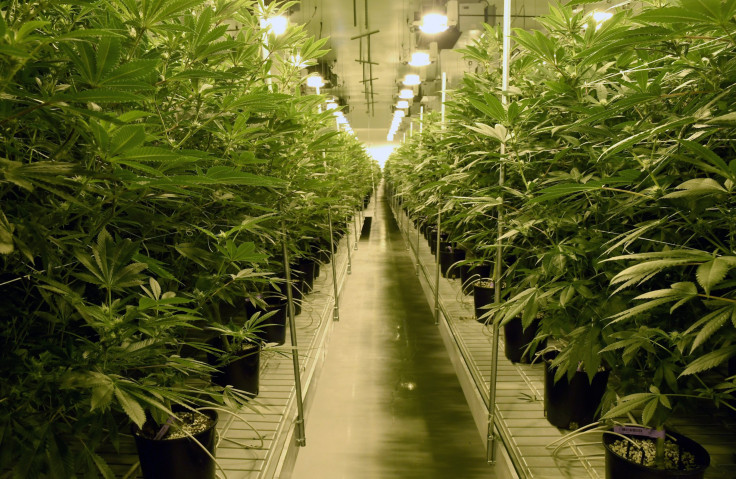Nevada Beats Projected Weed Revenue Less Than A Year After Legalization

One of the myriad reasons that people call for the legalization of marijuana is that it can be easy tax money for states that lift the ban on the drug. About a year after Nevada made it legal to buy weed for recreational use, data from the state’s taxation department suggest that marijuana sales were even more lucrative than expected.
Put simply, Nevada beat its projected weed earnings for its first fiscal year in only 10 months, according to the Fox-13. Nevada Department of Taxation executive director Bill Anderson confirmed the news in a statement, saying Nevada beat its own expectations in April, despite only legalizing weed last July.
Weed cultivator and consumer tax revenue combined, Nevada collected $55.53 million by April. The total sum of all taxable marijuana-related sales, be it for recreational or medical use, or the sale of physical goods, was $433.51 million.
In all, Nevada beat its first-year projections by 110 percent before the year was over. At least some of that came from Utah residents sneaking across state lines to get recreational weed in a legal manner. Another critical fact to remember is that weed can be legally purchased in tourist destinations like Las Vegas and Reno.

Some other states that have legalized recreational marijuana have seen similar financial returns over the years. Colorado famously became one of the first states (along with Washington) to legalize it in 2012. Weed sales in the Centennial State topped $1.5 billion in 2017, according to the Denver Post.
Conversely, California governor Jerry Brown said weed revenue was not quite as much as the state anticipated in May.
As of 2018, nine states and Washington, D.C. have legalized marijuana sales, whether for medical or recreational purposes, if not both. It is still illegal on a federal level, which became more complicated when the Trump administration took over. Attorney General Jeff Sessions is a notable opponent of marijuana.
However, the president broke ranks with his AG and said in June that he may support ending the federal ban on weed. Aside from tax revenue, pro-legalization activists point to the relative harmlessness of the drug and the high rate of marijuana-related incarcerations under the federal ban as reasons to make it legal.
© Copyright IBTimes 2025. All rights reserved.





















